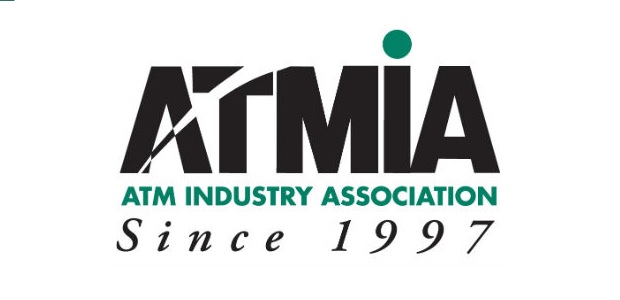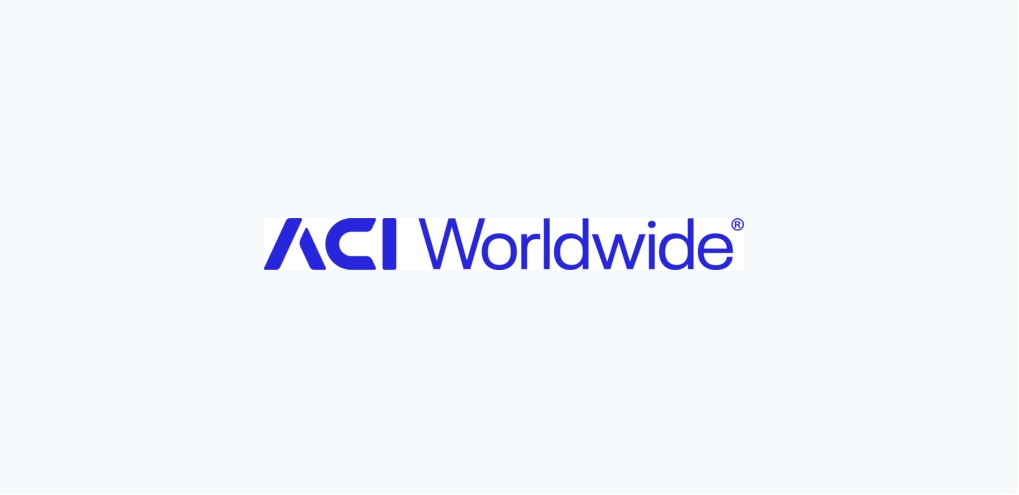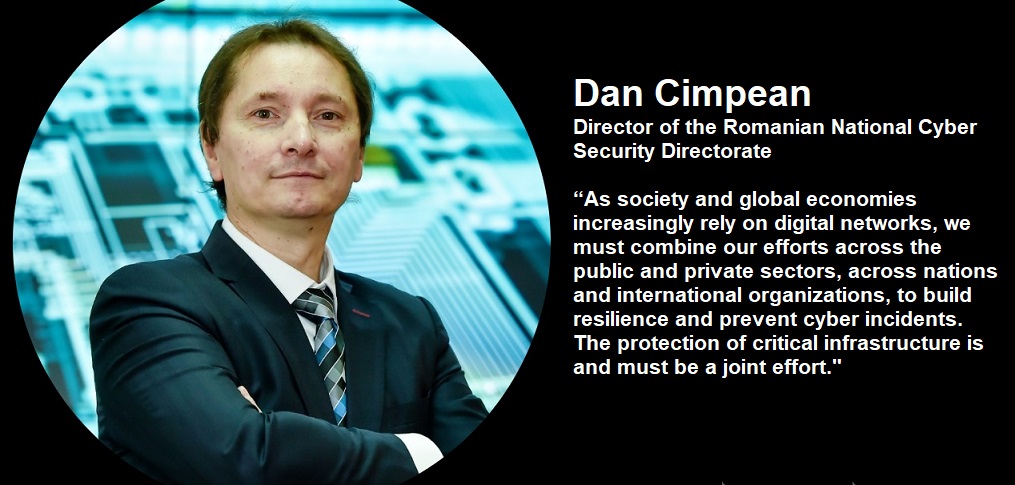ATMIA: „cash will, and should, remain a vital part of the transition from exclusion to financial inclusion”

The ATM Industry Association has accused the anti-cash lobby of peddling „fake news” in a desperate attempt to promote the use of non-cash tech and card-based alternatives to promote financial inclusion.
ATMIA today published a new study on the role cash plays in financial inclusion. Entitled, “Access to Cash: the First Step toward Financial Inclusion” the study presents an international picture of the importance of cash and ATMs in reaching 2 billion financially excluded persons who have no bank account, including case studies in Kenya, the UK, Brazil and the Philippines.
“This is the best paper I’ve seen on the truth about financial inclusion in the midst of reams of fake news generated in recent years by the anti-cash lobby,” commented Mike Lee, CEO of ATMIA. “It argues persuasively, in a fact-based approach, that removing cash from campaigns to include the unbanked in financial services would represent a gargantuan governmental folly, creating unbridgeable social and class divides in future.”
The paper, expertly researched and written by Paris-based Agis Consulting, defines the abiding role of cash in an electronic age, especially for more disadvantaged people.
“As the study shows, cash is embedded in cultures and monetary systems around the world,” Lee explained. “People trust cash as a store of value and it remains a means of payment that can be used by absolutely anyone at any time.”
The study’s author, Guillaume Lepecq, comments that „A transition away from cash would only serve to isolate the unbanked and the underserved from the rest of the population.” Such an outcome would deepen existing social divides. “Efforts to eliminate financial exclusion must take into consideration the ways in which those who make up the unbanked are already marginalised,” warns Lepecq.
The new study concludes that cash will, and should, remain a vital part of the transition from exclusion to inclusion. As such, it will help to eradicate poverty and conflictual levels of inequality in the long-run and to build financial literacy among those living in limited resource communities.
“As cash is the only form of payment devoid of any prerequisite conditions for access, efforts to liberate people from financial exclusion should, instead, encourage its use,” the paper states.
About ATMIA
ATMIA is the leading non-profit trade association representing the entire global ATM industry. ATMIA serves more than 8,000 members from over 650 participating companies in 66 countries spanning the whole ATM ecosphere, including financial institutions, independent ATM deployers, equipment manufacturers, processors and a plethora of ATM service and value-added solution providers. Founded in 1997, ATMIA has active chapters in the United States, Canada, Europe, Latin America, Asia-Pacific, Asia, Africa, India and the Middle East focusing on the unique needs and issues of each region.
Dariusz Mazurkiewicz – CEO at BLIK Polish Payment Standard
Banking 4.0 – „how was the experience for you”
„To be honest I think that Sinaia, your conference, is much better then Davos.”
Many more interesting quotes in the video below:










